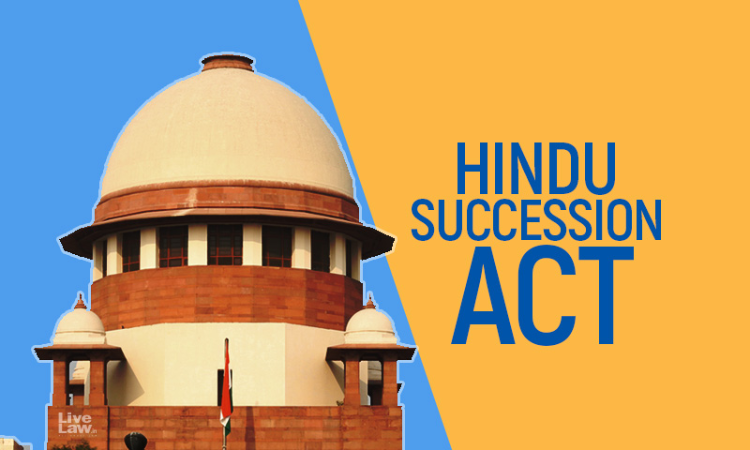Supreme Court Dismisses Plea Seeking Amendment Of Hindu Succession Act As Recommended In 204th Law Commission Report
Ashok KM
9 Sept 2022 9:12 PM IST

Next Story
9 Sept 2022 9:12 PM IST
The Supreme Court dismissed a writ petition seeking direction to amend the Hindu Succession Act 1956 as recommended by the Law Commission of India in its 204th report.The bench comprising Justices DY Chandrachud and Hima Kohli noted that the petitioner (S. Venkatesh) is not an aggreived person. A mandamus, it is well settled, cannot be issued to the legislature to enact or amend legislation,...
